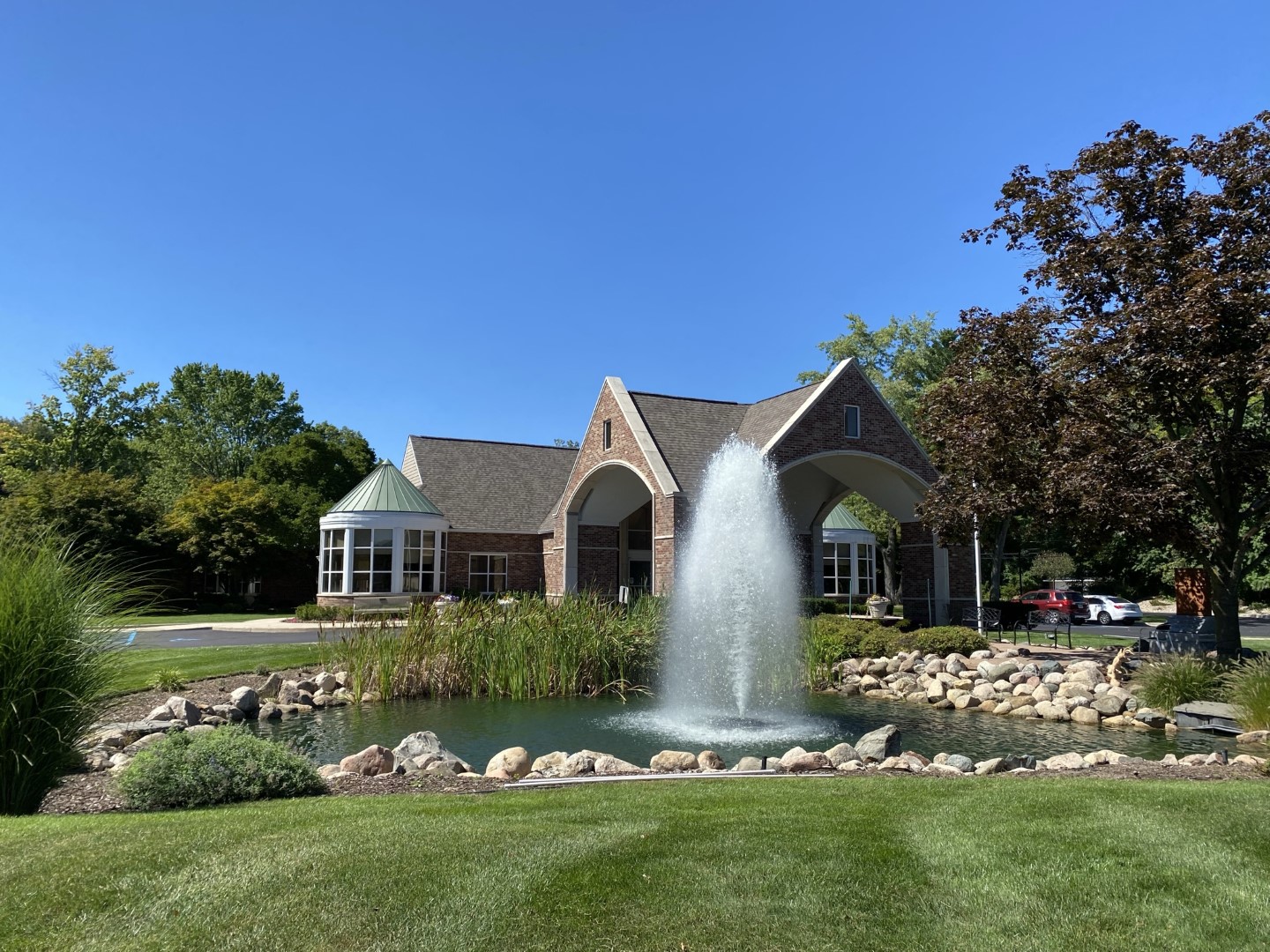Winter is a season of joy and celebration, but also of cold and flu. Seniors are more vulnerable to winter illnesses, as their immune system weakens with age and they may have other chronic conditions that increase their risk of complications. However, there are some steps that seniors can take to prevent and treat common winter illnesses and stay healthy and happy. Here are some tips on how to prevent and treat common winter illnesses in seniors:
Prevention is better than cure.
The best way to avoid getting sick in the winter is to prevent exposure to germs and viruses that cause winter illnesses. Some preventive measures include:
-
- Getting vaccinated. Seniors should get their annual flu shot and pneumococcal vaccine to protect themselves from influenza and pneumonia, two of the most serious and common winter illnesses. The flu shot can reduce the risk of hospitalization and death from flu by 40 to 60 percent, while the pneumococcal vaccine can prevent invasive pneumococcal disease, such as meningitis or sepsis. Seniors should also consult their doctor about getting vaccinated for COVID-19, as the pandemic is still ongoing and poses a serious threat to older adults.
- Practicing good hygiene. Seniors should wash their hands frequently with soap and water or use alcohol-based hand sanitizer, especially before eating, after using the bathroom, or after touching public surfaces. They should also avoid touching their eyes, nose, or mouth with unwashed hands, as these are the entry points for germs. They should also cover their cough or sneeze with a tissue or their elbow, and dispose of the tissue properly.
- Avoiding close contact with sick people. Seniors should stay away from people who have symptoms of winter illnesses, such as fever, cough, sore throat, or runny nose. They should also avoid sharing utensils, cups, or towels with sick people. If they have to care for someone who is sick, they should wear a mask and gloves and wash their hands often.
Boost your immune system.
A strong immune system can help seniors fight off infections and recover faster from winter illnesses. Some ways to boost your immune system include:
-
- Eating a balanced diet. Seniors should eat a variety of foods that are rich in vitamins, minerals, antioxidants, and fiber, such as fruits, vegetables, whole grains, lean proteins, nuts, seeds, and healthy fats. These nutrients can help support the immune system and reduce inflammation. Seniors should also drink plenty of water to stay hydrated and flush out toxins.
- Exercising regularly. Seniors should aim for at least 150 minutes of moderate-intensity physical activity per week, such as walking, cycling, swimming, or gardening. Exercise can help improve blood circulation, oxygen delivery, muscle strength, and mood. It can also lower the risk of obesity, diabetes, heart disease, and other conditions that can weaken the immune system.
- Getting enough sleep. Seniors should get at least seven to eight hours of quality sleep every night, as sleep is essential for the immune system to function properly. Lack of sleep can impair the production of antibodies and cytokines, which are important for fighting infections. Seniors should avoid caffeine, alcohol, nicotine, or heavy meals before bedtime, as these can interfere with sleep quality. They should also keep their bedroom dark, quiet, cool, and comfortable.
- Managing stress. Seniors should find healthy ways to cope with stress, such as meditation, yoga, breathing exercises, or hobbies. Stress can have a negative impact on the immune system, as it can increase the levels of cortisol, a hormone that suppresses the immune response. Seniors should also seek professional help if they experience chronic or severe stress, anxiety, or depression.
Treating winter illnesses.
If seniors do get sick with winter illnesses, they should seek medical attention as soon as possible, as they may develop complications or worsen their existing conditions. Some of the symptoms and signs of winter illnesses include fever, cough, sore throat, runny nose, headache, body ache, fatigue, or shortness of breath. Some of the treatments for winter illnesses include:
-
-
- Taking medications. Seniors should follow their doctor’s advice and take the prescribed medications for their condition, such as antibiotics, antivirals, or painkillers. They should also avoid taking over-the-counter drugs without consulting their doctor, as they may have side effects or interactions with their other medications.
- Resting and recovering. Seniors should get plenty of rest and sleep to help their body heal and recover from the infection. They should also avoid strenuous activities or exercise until they feel better.
- Drinking fluids and eating well. Seniors should drink plenty of fluids such as water, juice, soup, or tea to stay hydrated and flush out toxins. They should also eat nutritious foods that are easy to digest and provide energy and immunity, such as fruits, vegetables, chicken, or yogurt.
- Using home remedies. Seniors can also use some home remedies to relieve some of the symptoms of winter illnesses, such as gargling with salt water, inhaling steam, using a humidifier or vaporizer, applying a warm compress, or drinking honey and lemon.
-
Winter illnesses can be unpleasant and dangerous for seniors, but they can be prevented and treated with proper care and attention. By following these tips on how to prevent and treat common winter illnesses in seniors, seniors can enjoy the winter season and stay healthy and happy.
Stay safe and healthy this winter!





